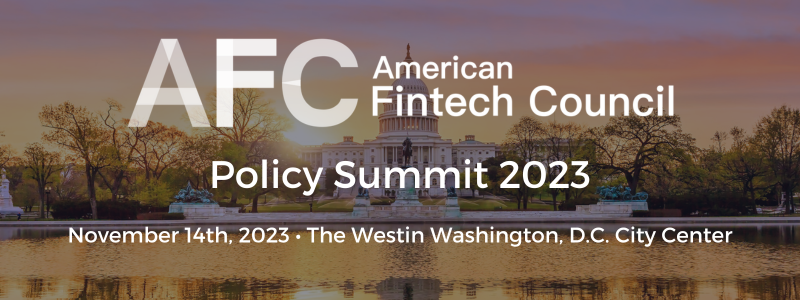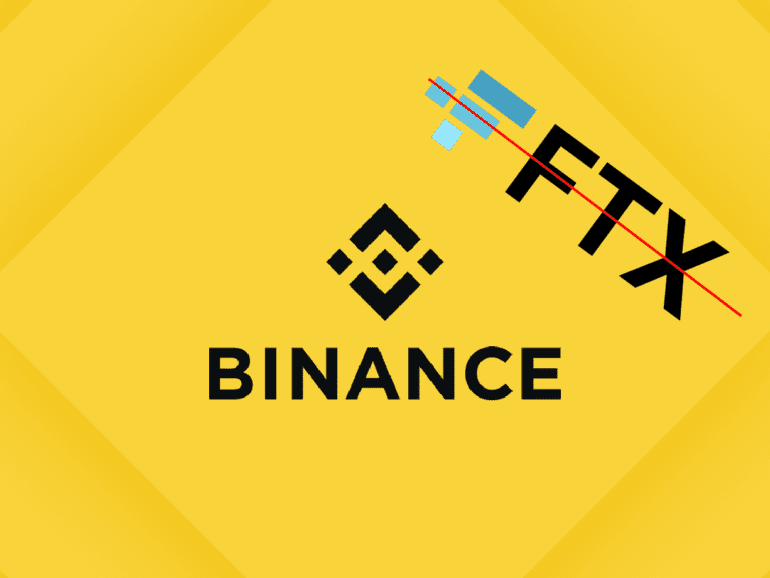The US marketplace lending industry has matured with a number of self-regulating industry associations however the evolution of the industry and its integration into mainstream financial services has brought about increased regulatory attention which was one prominent topic for discussion at LendIt USA; HousingWire details the keynote speeches from Thomas Curry and Patrick McHenry also discussing insight from Amias Gerety; Richard Cordray from the Consumer Financial Protection Bureau was also a featured keynote speaker discussing government regulatory efforts pertaining to the industry. Source
While Gensler deepens confusion on The Hill, the EU passes the first comprehensive crypto law spanning all member states.
2016 could be the alternative finance industry's first net negative year according to AltFi; uncertainty in capital investment was a substantial factor for the first time causing a renewed focus on retail investment; CEO turnover has been a significant factor with Renaud Laplanche's resignation a catalyst for decreased investor confidence; regulators have also caused market uncertainty with new regulations potentially adding compliance burdens for alternative finance businesses; macroeconomic factors including Brexit and the US presidential election have also increased pressure on alternative finance; despite hardships, sentiment for 2017 is mostly positive with 2016 seen as only a temporary retrenchment. Source
The Policy Summit from the American Fintech Council is brought to you in partnership with Fintech Nexus this year. It is the leading fintech regulatory event in the fall in Washington DC.
Scott Morrison, Australia's treasurer, spoke about regtech at the Fintech Australia Summit; the treasurer discussed a regtech collision occurring in fintech where both crowdfunding firms and traditional banks are benefiting from increased technological innovation around regulation; likely that the marketplace lending ecosystem could see expansion in regulatory technology innovation. Source
The central bank of Indonesia has opened a fintech office; the central bank will use the fintech office to maintain its regulatory oversight while also providing support for new fintech startups; it plans to collect information on the industry for regulatory development; it will also facilitate the development of fintech companies and their introduction to the economy both in Indonesia and globally. Source
Earlier this month a task force of Joe Biden and Bernie Sanders supporters released a document with policy ideas including...
Binance said it would pull out of the FTX deal in a tweet, citing corporate due diligence and media reports.
Look beyond the initial aftereffects of recent market shocks and there are plenty of positive developments happening in blockchain-related industries, the leader of a global investment firm believes.





